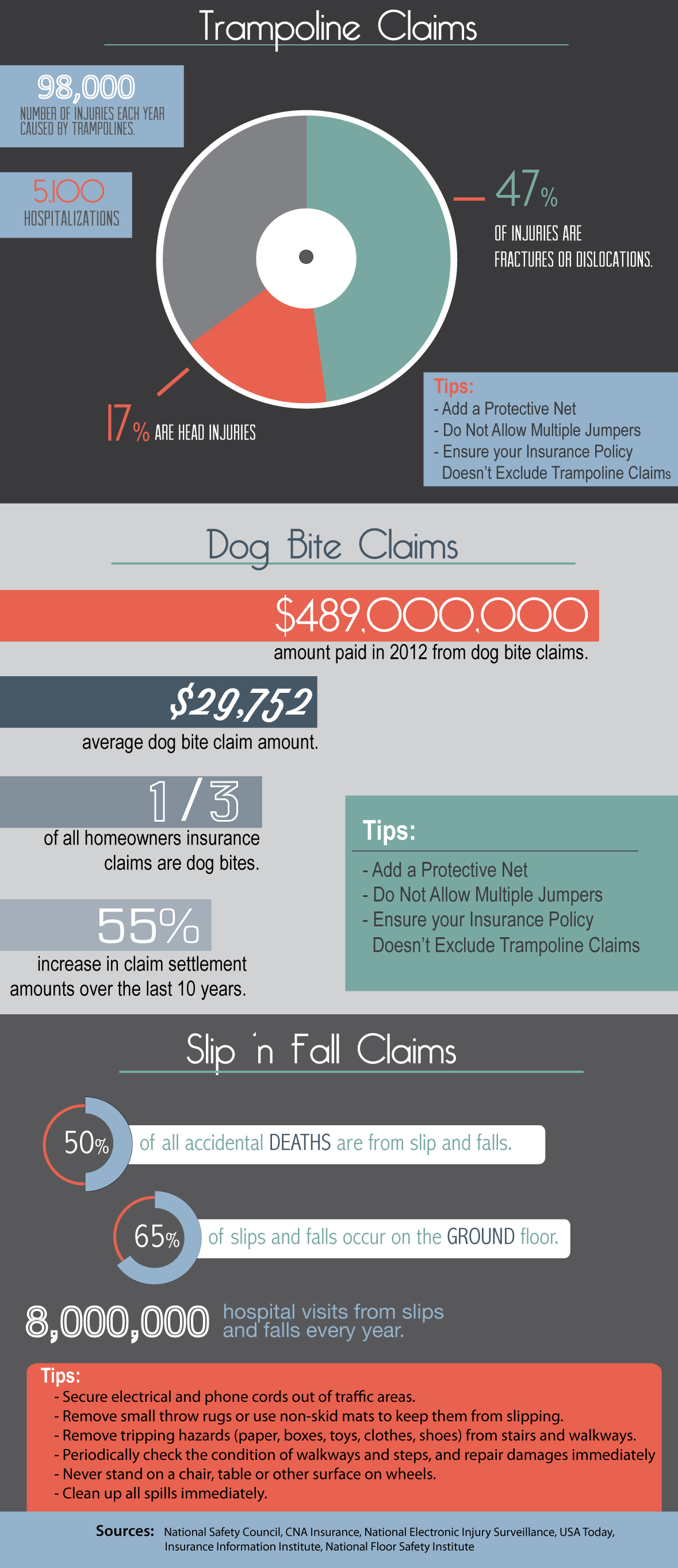Self-driving cars are definitely on the way. In fact, one transport scholar at the University of Minnesota estimates that by 2030 every car on the road will be driverless.
From a safety standpoint, this could be great news as most accidents are caused by human error. If this factor can be minimized by taking control of the moving vehicle away from the driver, accident rates should tumble.
An accident’s risk is unlikely to be completely removed, though, since events are not totally predictable and automated systems can fail. Also, the transition from hands-off driving to hands-on promises to be tricky.
Additionally, driverless cars are still fraught with several safety questions:
- What kind of training will people need to handle these types of vehicles safely?
- How well prepared will drivers be to handle emergencies when the technology returns control to the driver?
- What are the insurance implications of autonomous vehicles?
- Who is ultimately liable in an accident – the manufacturer or the driver?
Many of the questions above will be appropriately answered when the first driverless cars actually hit the road. But in the meantime, we have gathered some research data and insight on how insurance companies are starting to view this new risk.
Insurance Implications
Except that the number of crashes will be greatly reduced, the insurance aspects of this gradual transformation to driverless carts are still unclear. It will also be interesting to see if the accidents that occur lead to a higher percentage of product liability claims, as claimants blame the manufacturer or suppliers for what went wrong rather than their own behavior.
Liability laws will also have to evolve to ensure autonomous vehicle technology advances are not brought to a halt.
Auto Insurance: Some aspects of insurance will be impacted as autonomous cars become the norm. There will still be a need for liability coverage. Still, over time the coverage could change, as suggested by the 2014 RAND study on autonomous vehicles, as manufacturers and suppliers and possibly even municipalities are called upon to take responsibility for what went wrong.
Coverage for physical damage due to a crash and losses not caused by crashes but by wind, floods, fire, and theft (comprehensive coverage) is less likely to change. Still, it may become cheaper if the potentially higher costs to repair or replace damaged vehicles is more than offset by the lower accident frequency rate.
Underwriting: Initially, many of the traditional underwriting criteria, such as the number and kind of accidents an applicant has had, the miles he or she expects to drive, and where the car is garaged, will still apply, but the make, model, and style of car may assume greater importance. The implications of where a car is garaged and driven might be different if there are areas set aside, such as dedicated lanes, for automated driving.
During the transition to wholly autonomous driving, insurers may rely more on telematics devices, known as “black boxes,” that monitor driver activity. According to the National Association of Insurance Commissioners, telematics’ use is forecast to grow to up to 20 percent within the next five years.
Liability: As cars become increasingly automated, the onus might be on the manufacturer to prove it was not responsible for what happened in the event of a crash. The liability issue may evolve so that lawsuit concerns do not drive manufacturers and their suppliers out of business.
Repair Costs: While the number of accidents is expected to drop significantly as more crash avoidance features are incorporated into vehicles, the cost of replacing damaged parts is likely to increase because of the complexity of the components. It is not yet clear whether the reduction in the frequency of crashes will reduce the cost of crashes overall.

